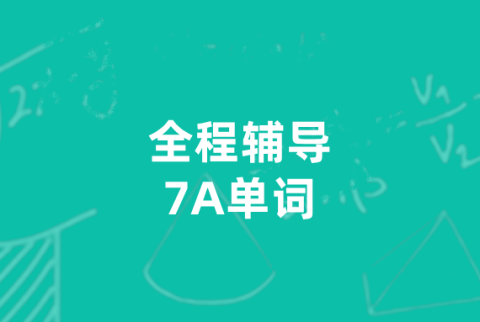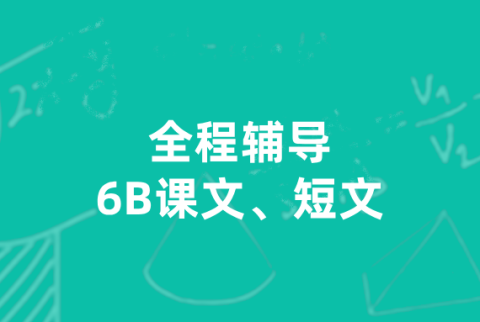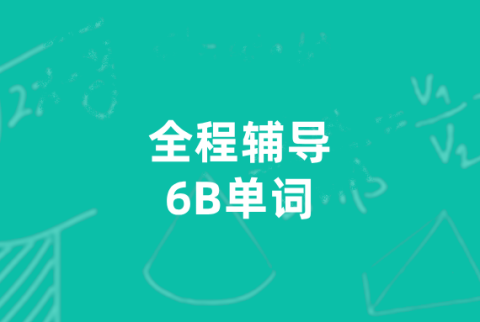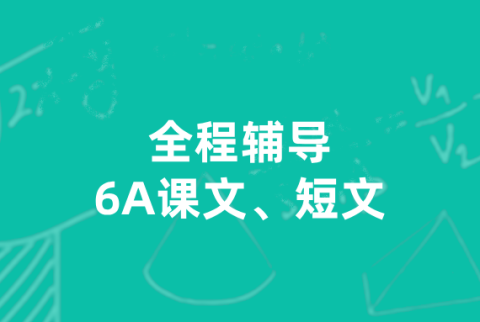Teaching Children to Spend Pocket Money Wisely
School-going children need pocket money for food, stationery and bus fares. Parents give pocket
money to their children in different ways. Some give a lump sum at the beginning of a month or a
week. Others prefer to give pocket money on a daily basis. 26 On the other hand, the children's
spending habits may affect how pocket money is given.
Pocket money given on a daily basis is sometimes termed as “food money”. Children usually use
the pocket money to buy food during recess and also at lunch hour if they have school activities in the
afternoon. They learn how to manage small sums of money. 27 Some parents choose this
method of allocating pocket money in order to prevent their children from overspending, hoping that
in time they can be trusted with larger sums of money.
Giving pocket money on a daily basis places responsibilities of budgeting on the parents, instead
6 / 9撷墨教育 墨盒自考 全国高等教育自学考试
of the child. The child may spend every single cent of the daily pocket money by overindulging in junk
food as they know they will get another sum of money the next day. This results in children being
shortsighted in their spending. The thought of saving money never crossed their minds. 28
Others spend more than they are given. They borrow from their siblings or their classmates when they
feel like indulging themselves. Then they may ask for money to pay off their debts. This habit of
borrowing causes them to depend on others to solve their problems. In such instances, the purpose of
rationing is defeated.
Children need to learn how to budget their money. The key to doing this is to differentiate between
needs and wants. 29 This habit, when inculcated since young, stands them in good stead when
they start working and earning their own money. It enables them to resist the temptation of “buy now
and pay later” schemes.
Formation of any habit starts at a tender age. There is no better way to teach children to manage
money than to start with their pocket money. They need to learn the importance of budgeting right
from kindergarten days. 30 When children learn to spend within their means, they are able to
manage their finances well later in their lives.
A. It is a good idea to start with daily pocket money and move on to monthly pocket money.
B. The way in which pocket money is given affects how money is spent or saved.
C. Buy the necessary first, and indulge ourselves only if there is money left.
D. As the money is limited, they have to control their spending.
E. Parents who earn daily wages may also opt for this due to financial constraints.
F. They may develop the mentality that money is meant to be spent.
|



